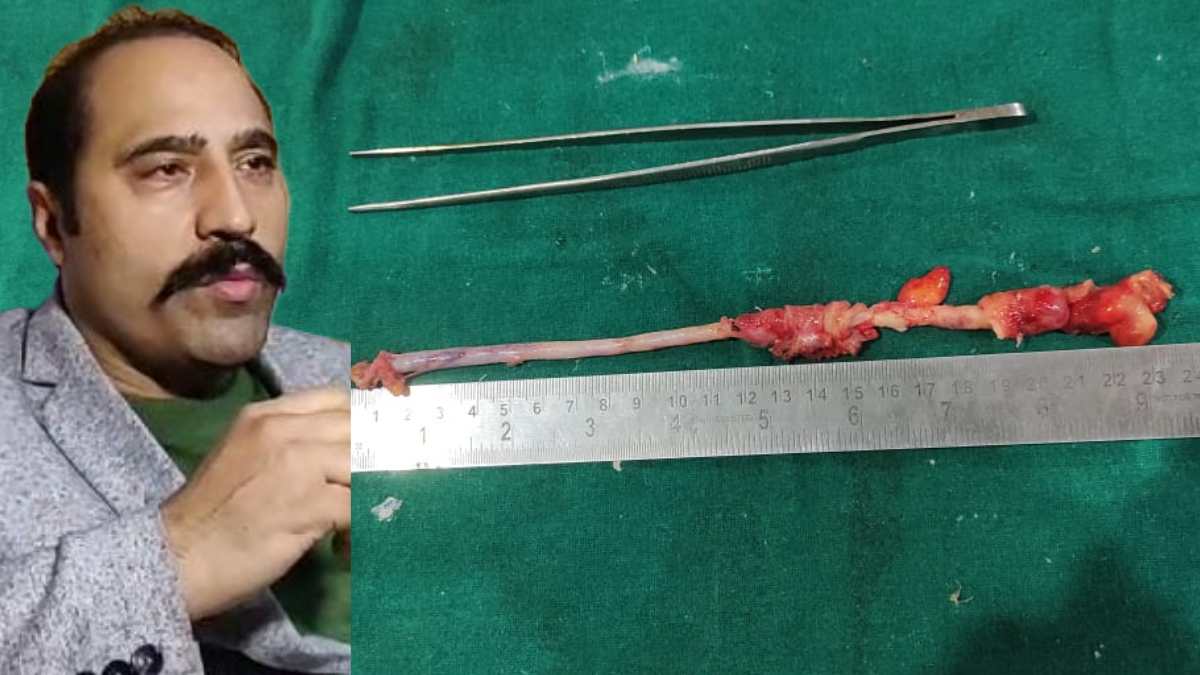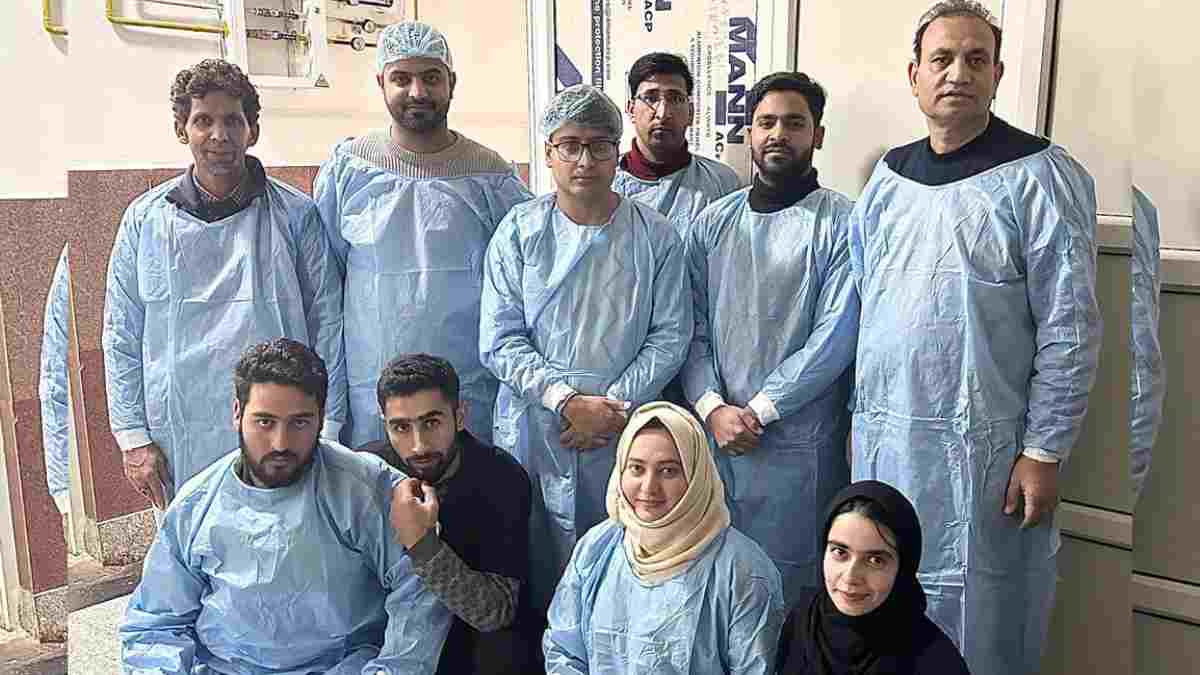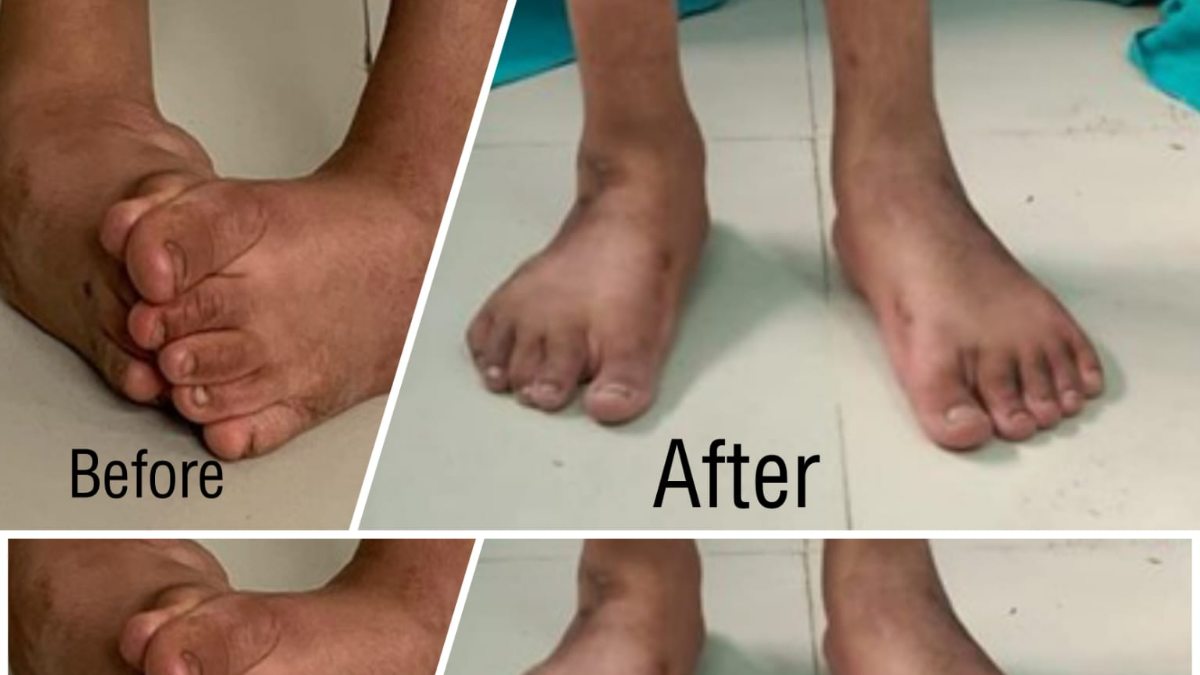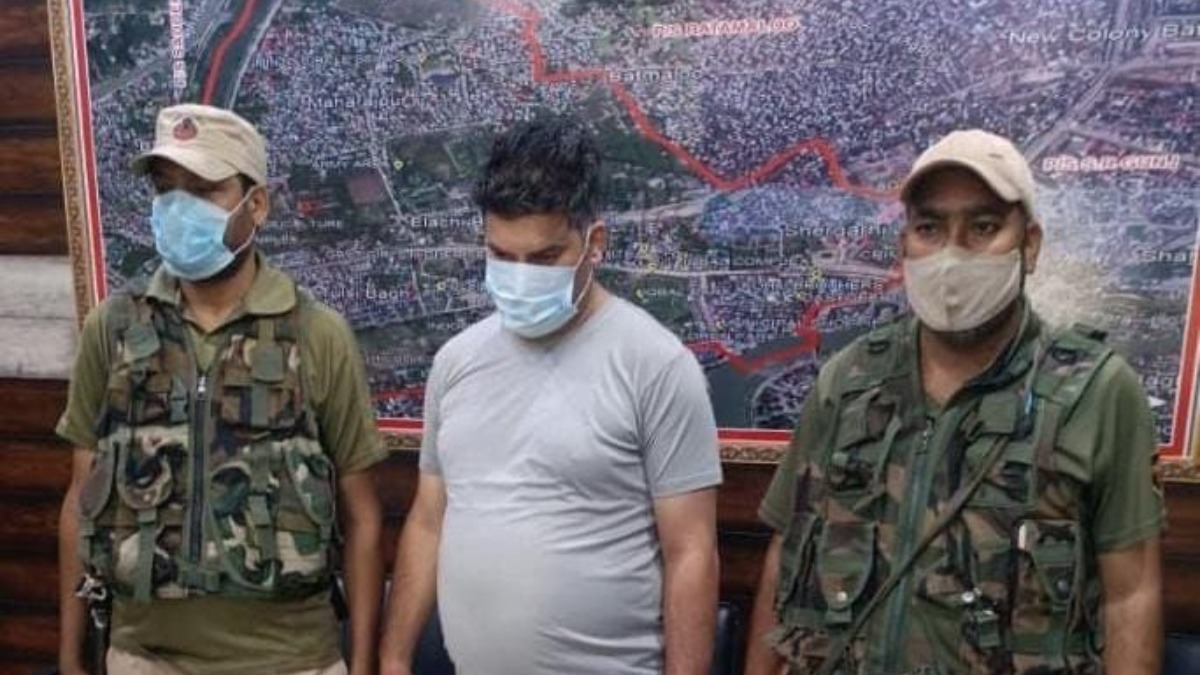AFP News Agency
Beijing, Jan 27: China has begun using anal swabs to test those it considers at high risk of contracting Covid-19, state TV reported, with social media users and travellers squirming over the invasive procedure which doctors say can be more effective in detecting the virus.
Officials took anal swabs from residents of neighbourhoods with confirmed Covid-19 cases in Beijing last week, broadcaster CCTV said, while those in designated quarantine facilities have also undergone the test.
Small, localized outbreaks in recent weeks have seen multiple cities in northern China sealed off from the rest of the country and prompted mass testing campaigns — which up until now have mostly been conducted using throat and nose swabs.
But the anal swabs method “can increase the detection rate of infected people” as traces of the virus linger longer in the anus than in the respiratory tract, Li Tongzeng, a senior doctor from Beijing’s You’an Hospital, told CCTV.
Users of China’s popular Twitter-like Weibo social media platform reacted to the method with a mix of mirth and horror.
“So lucky I returned to China earlier,” one user wrote.
“Low harm, but extreme humiliation,” another said, using a laughing emoticon.
Others who had undergone the procedure chimed in with dark humour.
“I’ve done two anal swabs, every time I did one I had to do a throat swab afterwards — I was so scared the nurse would forget to use a new swab,” one Weibo user joked.
CCTV said on Sunday anal swabs would not be used as widely as other methods, as the technique was “not convenient.”
As cases rise around the world, China has imposed stricter requirements on international arrivals in an effort to keep domestic transmission close to zero.
All arrivals into the country must have multiple negative test results and quarantine for at least 14 days in a designated hotel on arrival, with many cities and regions imposing additional home observation requirements.















